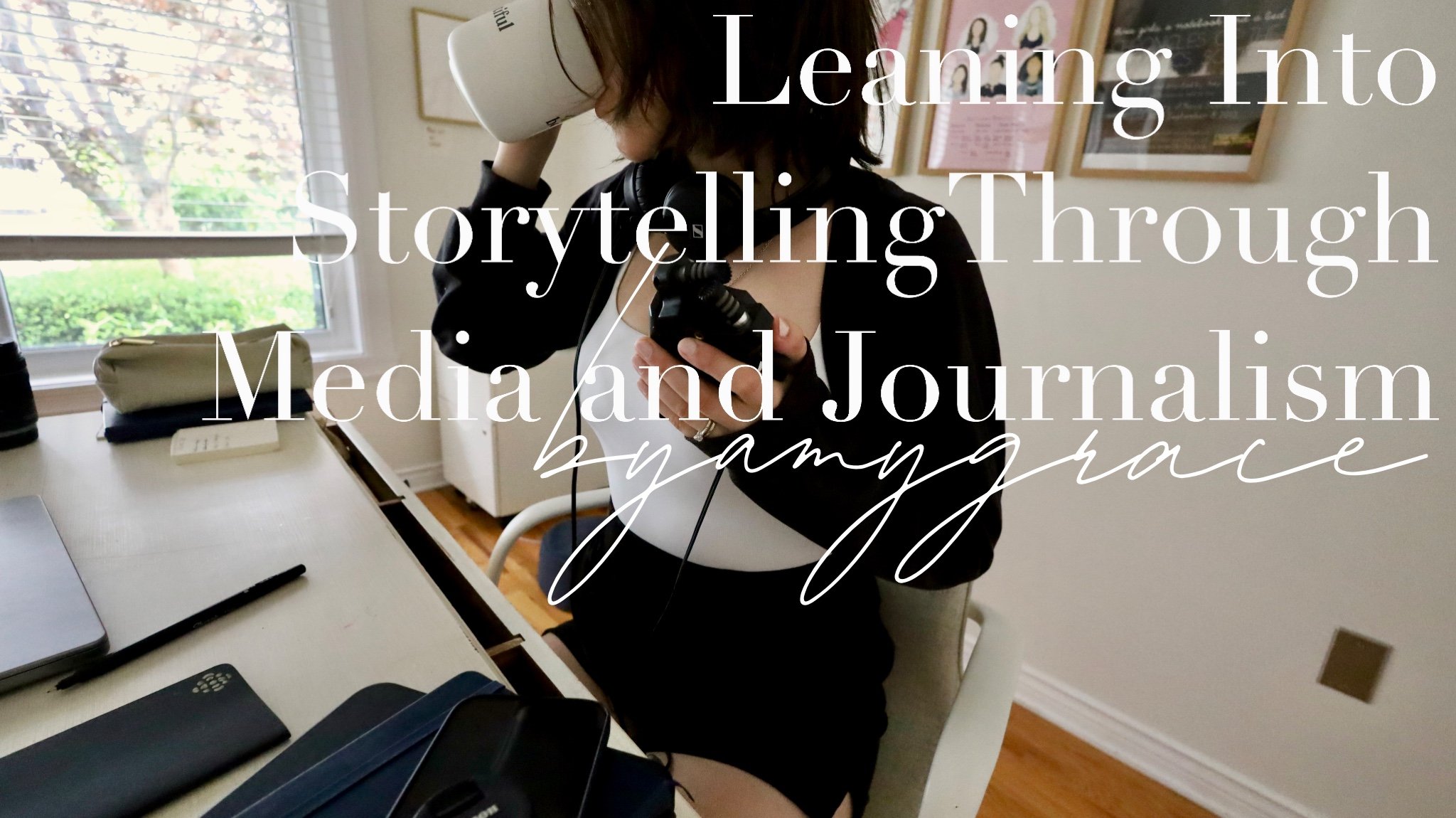feed·back| ˈfēdˌbak | noun 1 information about reactions to a product, a person's performance of a task, etc. which is used as a basis for improvement: throughout this process we have obtained valuable feedback | customer feedback suggested that the design flaws were severe.
Feedback
is a term toted as a necessary and valuable component to creating and developing high-quality work for those in professional and creative industries. This tool is practiced in the education system and is often brought into the assignment process. Learning how to give and receive feedback is of high value to the work and the individual who grows through the work they produce.
There is also a dark side to this.
Something I believe that many of us would prefer not to look at. To look at it means that we might have to re-evaluate the foundations of our own emerging professional selves and those around us.
Let's break it down:
When we enforce the concept of giving and receiving feedback as necessary in all components, we assume that you must share your own opinion/perspective with every opportunity, despite the value of what you are adding to the work or the conversation. We are also assuming that voicing your view is needed and always helpful to the 'work.'
Here is something groundbreaking:
Not every perspective, thought, feeling, and idea that you may have is what a person or project needs to grow and create better work.
In fact, the one thing that a person believes is essential might be the one thing that tanks a project.
Things Said in Toxic Feedback Process / Structure
To be here and do this, you need to grow thick/thicker skin
The belief that a person needs to have a tough exterior to craft high-quality work breeds an atmosphere of individuals who are not in touch with themselves or their emotions. Asking your students/employees/co-workers to have thicker skin is antiquated and a form of emotional harassment. No amount of squashing down one's feelings will produce better work in the long run. The focus should be on cultivating an awareness of one's strengths and weaknesses to harness the best possible outcome. Tenderness and emotional awareness is a strength and an asset to any work/project.
I'm going to give you a shit sandwich. (a.k.a. Two goods, one bad about your work.)
This one was introduced to me in my interpreting days. Just the phrase alone speaks of an easily manipulated intention. It immediately projects that 'something you did is shit.' It introduces a shame element before the feedback has been delivered. Although this phrase can be used as a quirky, light-hearted way to joke about how one would like to hear their feedback, honouring this phrase assumes that anyone has two valuable positive things to say and one useful negative thing to say. Great feedback is about insight, discernment and questions. If you have just one question and nothing else, that should be enough.
In any given circumstance, less is always more.
Look to the left and to the right. The people beside you won't be there once this is over.
Although not related to feedback, this phrase is often used in educational settings (engineering, interpreting, med students, etc.) to project fear, seriousness, and the privilege of sitting in the seat. This statement is the foundation for the competition, harassment etc., that can arise in toxic feedback. When we introduce this atmosphere to our learning settings, we immediately tell those sitting that they are worthless. Those individuals will project that to their peers in both intentional and unintentional ways.
We are going to tear you down, and you will be a completely new person after this.
Another foundational statement in the early days of professional education that many professions espouse in first/second-year students. It suggests that no one is worthy and that the only way to be respected is to be initiated in this impossible next (insert number of years ). Only if you survive the following number of years will you be considered one of the privileged and enlightened few. It's no wonder that workplace harassment and bullying exist when these are the foundational phrases subconsciously developed. I have had calls from people who have dropped out of their educational journey for various reasons, and the one thing they struggle to shake is that feeling of inferiority. But the truth is, staying in an atmosphere where you are encouraged to loose yourself and compete to be seen can be more damaging than finishing the journey.
In every feedback moment, you need to make sure to give one negative and one positive statement.
Similar to the shit sandwich approach, assuming that practicing this with every interaction breeds the idea that one must have something to say at any given moment. This means that people believe they must share their thoughts and opinions despite how thought out they may or may not be. How does this create excellent work?
What's the damage here?
We miss the mark. We are human. The idea that feedback is flawless in any setting is foolish. We all will bring our own toxic beliefs to the table and, unfortunately, put our foot in it, hurt someone unintentionally, abuse power through language and make ourselves feel better by telling ourselves that they 'really needed to hear that.
BUT,
the real and actual damage is if we continue this narrative intentionally.
Genuine feedback can be the most impactful and life-altering element of collaboration.
When we focus on honouring each other while making the work better, we take our egos out of our back pockets to safely keep them and set them aside to understand that the bigger picture is something we should make space for.
Brene Brown's words echo in my mind as I attempt to sum this up
"You're ready to give feedback when you're ready to sit next to the person, not across from them. You're ready to put the problem, not between you, but in front of both of you."
"Feedback should be as vulnerable for the person giving it as the person receiving it," Brown said. "You should have no idea what's gonna go down in that room."
For further reading on healthy feedback, Brene Brown provides this guide that truly hits a mark that so many of us have not been taught or encouraged in.
The engaged feedback checklist












